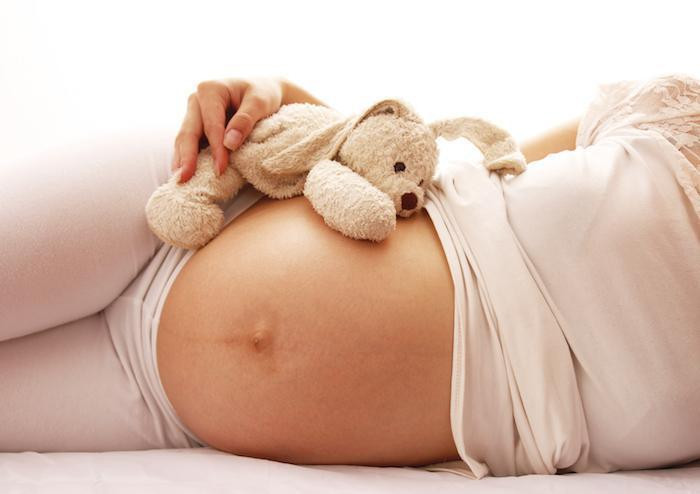Introduction
Pregnancy risk can be increased by several factors, such as pre-existing medical illnesses, the mother's age, lifestyle, and health problems that develop before or during pregnancy.
In this blog, we list a few potential causes that might lead to High-Risk Pregnancy. Since each pregnancy is unique and this list is not intended to be comprehensive, certain hazards that apply to one pregnancy might not apply to another. Women should consult a healthcare professional if they have any inquiries about their pregnancies. Following factors that might cause a high risk of pregnancy
Existing Health Condition
- High Blood Pressure
Although having high blood pressure during pregnancy can be dangerous for both the mother and the fetus, most women with mild hypertension who do not have any other conditions have good pregnancies and births because they manage their blood pressure before becoming pregnant.
- Diabetes
Diabetic women must control their blood sugar levels throughout pregnancy as well as before becoming pregnant. High blood sugar levels can result in birth abnormalities during the first few weeks of pregnancy, frequently before a woman even realizes she is expecting.
- Thyroid
A little gland in the neck called the thyroid produces hormones that help regulate blood pressure and heart rhythm. A fetus who has an uncontrolled thyroid disorder, such as an overactive or underactive thyroid, may experience heart failure, poor weight gain, and issues with brain development.
Your Age
- Young Age
Teenagers may be less likely to receive prenatal care or to keep prenatal appointments. Prenatal care is essential because it enables a healthcare professional to assess, detect, and treat risks—for example, by advising teenagers not to take specific medications during pregnancy—often before they materialize into actual issues.
- First-time Pregnancy After Age 35
The majority of older first-time mothers have healthy pregnancies, however, evidence indicates that older women are more likely than younger women to experience several issues, such as:
- Gestational hypertension, often known as gestational hypertension, and diabetes (called gestational diabetes)
- loss of pregnancy16
- Ectopic pregnancy, a potentially fatal condition that requires a cesarean section, occurs when the embryo is connected to tissue outside the uterus.
Lifestyle Factors
- Alcohol Use
Alcohol consumption during pregnancy raises the baby's chance of problems like sudden infant death syndrome (SIDS), fetal alcohol spectrum disorders (FASDs), and other issues. FASDs are a group of outcomes for the fetus caused by the mother's alcohol consumption during pregnancy.
- Drug Use
According to research, using drugs and smoking marijuana while pregnant can both be harmful to the fetus and have an impact on the health of the baby. According to one study, the chance of stillbirth was increased by taking illegal drugs and marijuana.
Healthy Diet in Pregnancy
- Eat Vegetables and Fruits
Fruits and vegetables, particularly those that include Vitamin C and Folic Acid, supply numerous essential nutrients during pregnancy. Vitamin C, which is found in foods like broccoli, tomatoes, Brussels sprouts, and fruits like oranges, grapefruits, and honeydew, is essential for pregnant women and should be consumed daily in doses of at least 70 mg.
- Dairy products
The daily requirement for calcium to maintain pregnancy is at least 1000 mg. Calcium is crucial for healthy blood coagulation, muscle and nerve function, and the development of strong teeth and bones. If you do not get enough calcium through your food, since your developing baby needs a lot of calcium, your body will extract calcium from your bones (which can lead to future problems, such as osteoporosis).

